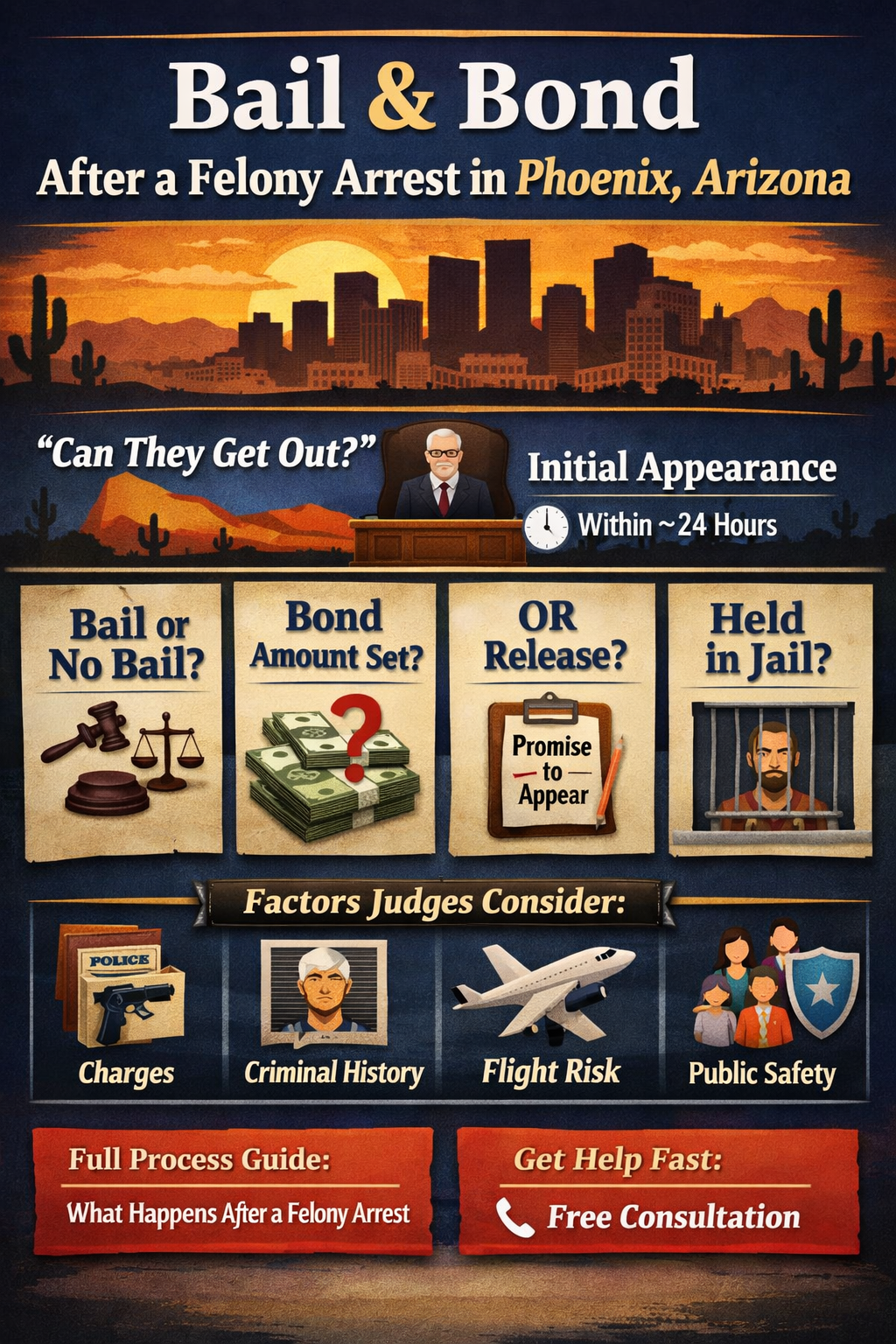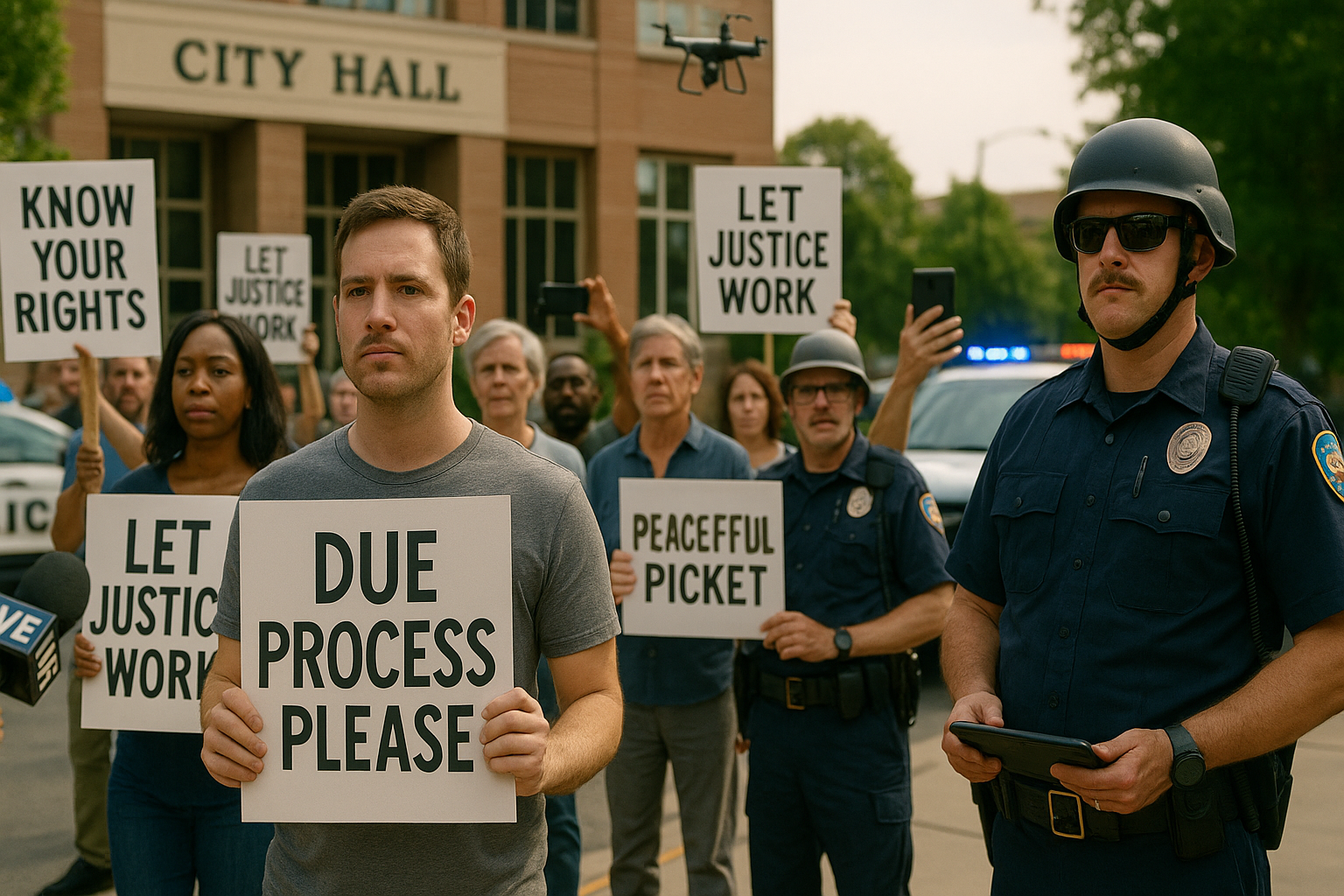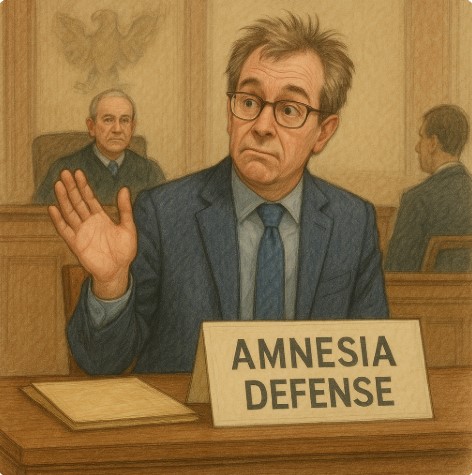What Happens at a Preliminary Hearing in Yavapai County?
If you have recently attended an Initial Appearance in Prescott, your next major court date will likely be a Preliminary Hearing. This is one of the most critical stages of a felony case in Arizona. It serves as a “gatekeeper” to ensure the government isn’t moving forward with a case based on weak or non-existent evidence.
The Purpose: Proving “Probable Cause”
A Preliminary Hearing is essentially a “mini-trial.” A judge (not a jury) listens to evidence presented by the State to decide two things:
- Did a crime actually occur?
- Is there a reasonable belief that you committed that crime?
Unlike a trial, where the standard is “beyond a reasonable doubt,” the prosecutor here only needs to prove Probable Cause. This is a much lower bar, but it still requires the State to produce real evidence rather than just accusations.
The “10/20 Day Rule” for Preliminary Hearings
In Yavapai County, the timing of your hearing depends on your current status:
- In-Custody: If you are being held in jail, the hearing must begin within 10 days of your initial appearance.
- Out-of-Custody: If you were released on bond or OR, the hearing must happen within 20 days.
What Happens During the Hearing?
The hearing takes place in the Justice Court (like the Prescott Justice Court or Camp Verde). The prosecutor will call witnesses—usually the arresting officer from the Prescott Police Department or YAVAPAI County Sheriff’s Office.
Your defense attorney will have the opportunity to:
- Cross-Examine Witnesses: We can challenge the officer’s memory, their investigation methods, and the credibility of their evidence.
- Lock-in Testimony: Getting witnesses to testify under oath early is a huge advantage. If their story changes at trial months later, we use the Preliminary Hearing transcript to discredit them.
- Argue for Dismissal: If the State fails to show probable cause, we can move for the judge to “scratch” (dismiss) the charges on the spot.
Preliminary Hearing vs. Grand Jury
In Prescott, many cases don’t actually reach the Preliminary Hearing. Instead, the County Attorney often takes the case to a Grand Jury. This is a secret proceeding where neither you nor your lawyer are allowed to attend. If the Grand Jury issues an indictment (a “True Bill”), the Preliminary Hearing is canceled (vacated), and your case moves directly to Arraignment.
Why You Need a Lawyer Before This Hearing
The window between your arrest and your Preliminary Hearing is a high-leverage time for your defense. Often, an experienced lawyer can use this time to:
- Negotiate with the prosecutor for a “scratch” (dismissal) before the hearing starts.
- Secure a more favorable plea offer.
- Collect exculpatory evidence to present to the judge.
Facing felony charges in Prescott? The early stages of your case define the outcome. Contact us today to discuss your strategy before your hearing date.




